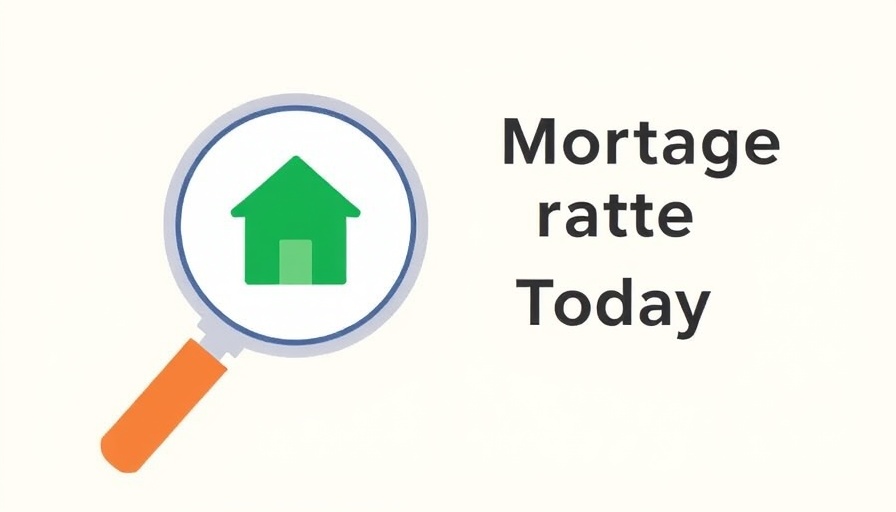
Understanding Variable Universal Life Insurance: A Flexible Financial Tool
Variable universal life insurance (VUL) combines the benefits of life insurance with investment opportunities, making it a versatile choice for many policyholders. This type of insurance promises a flexible death benefit and adjustable premiums, which can suit the differing needs of small business owners and their families. However, like any financial product, VUL also comes with its own set of risks that require careful consideration.
How Variable Universal Life Insurance Works
At its core, a VUL policy allows you to customize not only your premium payments but also your death benefit amount. This means that as your business or personal financial landscape changes, you can adjust your policy accordingly instead of locking yourself into a rigid form of insurance. Moreover, VUL policies come with a cash value component that can grow based on your investment choices. While this can pose significant financial growth advantages, it also carries the inherent risk of investment losses.
The Benefits and Risks of VUL Insurance
One of the major benefits of VUL insurance is its flexibility. Business owners might appreciate how this insurance adapts to their fluctuating income. Notably, the cash value in the policy can be invested in various investment vehicles such as stocks and bonds. However, this very flexibility also carries risks. If investments perform poorly, the policyholder may need to increase premiums or reduce the death benefit to keep the policy active.
Investing Wisely with Variable Universal Life Policies
Effective investment in a VUL requires savvy decision-making. Insurance companies typically offer a range of investment options, allowing policyholders to take calculated risks aligned with their financial goals. Small business owners must carefully evaluate these choices to strike a balance between growth and risk. For instance, it might be wise to allocate a portion of the cash value to more conservative investments while being open to higher-yield options, especially when your business revenue is stable.
Tax Advantages of VUL Insurance for Business Owners
Another key advantage of variable universal life insurance lies in its tax benefits. The cash value growth is tax-deferred, meaning business owners can grow their investment without the immediate tax implications that other investment accounts might incur. Furthermore, any loans taken against the cash value can also be tax-free, providing additional liquidity for navigating business challenges or investments.
Choosing the Right VUL Policy: FAQs
Policy selection can be overwhelming due to the myriad of options available. Here are some frequently asked questions that can guide small business owners in making informed decisions:
- What is the minimum premium I can set? - VUL policies typically allow for low minimum premiums, enhancing accessibility for small businesses.
- Can I adjust my death benefit? - Yes, one of the defining features of VUL allows for periodic adjustments to the death benefit as per your business or personal circumstances.
- What happens if I don't pay my premiums? - Failure to pay premiums could lead to the policy lapsing, so it’s crucial to understand the terms before committing.
Concluding Thoughts: Is VUL Right for You?
For small business owners looking for flexible insurance solutions that double as investment opportunities, variable universal life insurance can provide significant advantages. However, it is essential to approach this option with an understanding of both its potential and risks.
As you contemplate incorporating VUL into your financial strategy, consult with a financial advisor or insurance expert to determine whether this path aligns with your long-term goals. Don’t hesitate to make informed choices that could bolster both your insurance needs and financial growth.
 Add Row
Add Row  Add
Add 




Write A Comment